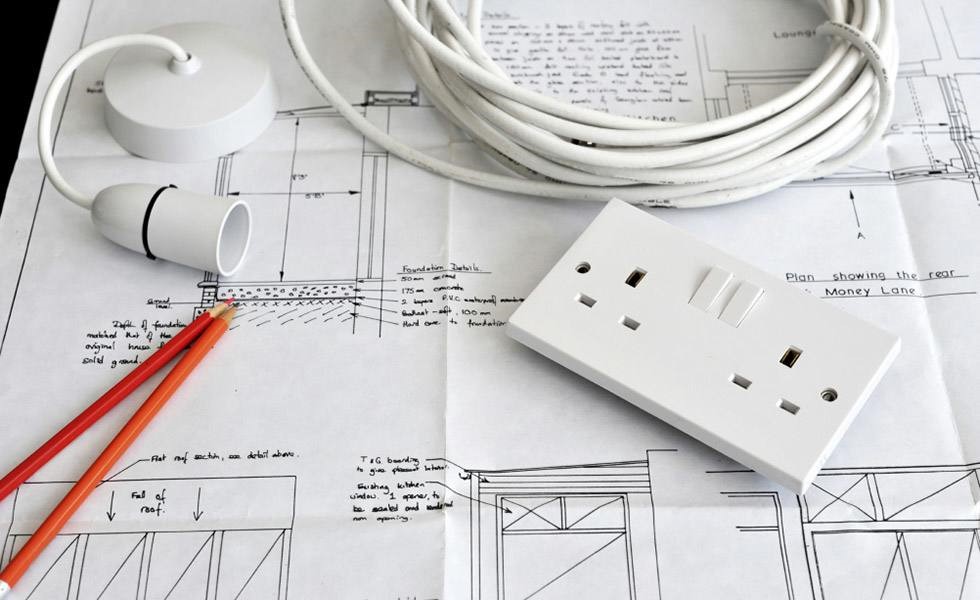Rewiring a house is a significant task and expense. However, it’s an important one, especially if you have cords that are damaged or deteriorating. So, how do you know when rewiring is required?
There are no hard and fast rules. Just because cables might be old, it does not always mean it is not safe. Cable wear is dependent on the material type and previous levels of use.
It is suggested that periodic checks carried out by an electrician should take place at least every 10 years for homeowners and five years for rental properties.

An electrician will tell if your house needs rewiring and what can be achieved within a specific budget. For an Essex Electrician, visit a site like SM Electrical are Essex Electricians
If the property is over 30 years old and has the original wiring, it will most likely need updating to bring it in line with modern standards, including a new fuse box.
Old and damaged cables can cause the entire power system to frequently blow fuses or, at worst, trigger a potentially deadly house fire or electric shock.
If you are thinking about purchasing a property that is older, have an assessment of the state of the wiring before making an offer. Whatever work is necessary can be identified by an electrician who will tell you what work is necessary to get it up to contemporary standards at an estimated cost. You can then take this into account when making offers. Even modern homes can have problems, such as shoddy DIY electrical work.
Rewiring is an opportunity to not only improve security but also modern conveniences – perhaps installing additional outlets and plugs for kitchen appliances, TVs and gaming consoles, for example. If you sell an older property, a recent rewire can increase its appeal to buyers.

Warning signs
If you have an older home which has not been checked for several years, it may need a rewire. Signs that you may need to rewire your home include regularly tripping circuit breakers, small shocks at switches and outlets, lights flickering or dimming, and broken or exposed wires and cables.
If you notice any of these warning signs call an electrician who will find out exactly what work is needed – and provide an estimate of the cost.
A rewiring project can cause significant disruption and so it’s best to empty the room while work is being completed. Flooring might need to be lifted for channelling cables in new direction, for example. Should rewiring be necessary, it must be done before the plastering and decorating and around the same time as plumbing and central heating installation.
Electricity in wet areas
Rooms such as kitchens and bathrooms have the biggest risk from electricity. There are strict regulations on electricity in wet areas. For example, a shaver socket should be placed a safe distance from running water with no further outlets allowed in the bathroom. Electrical equipment in areas of high moisture, like lighting and ventilation fans, should contain moisture protection called Ingress Protection and only pull cords are allowed.